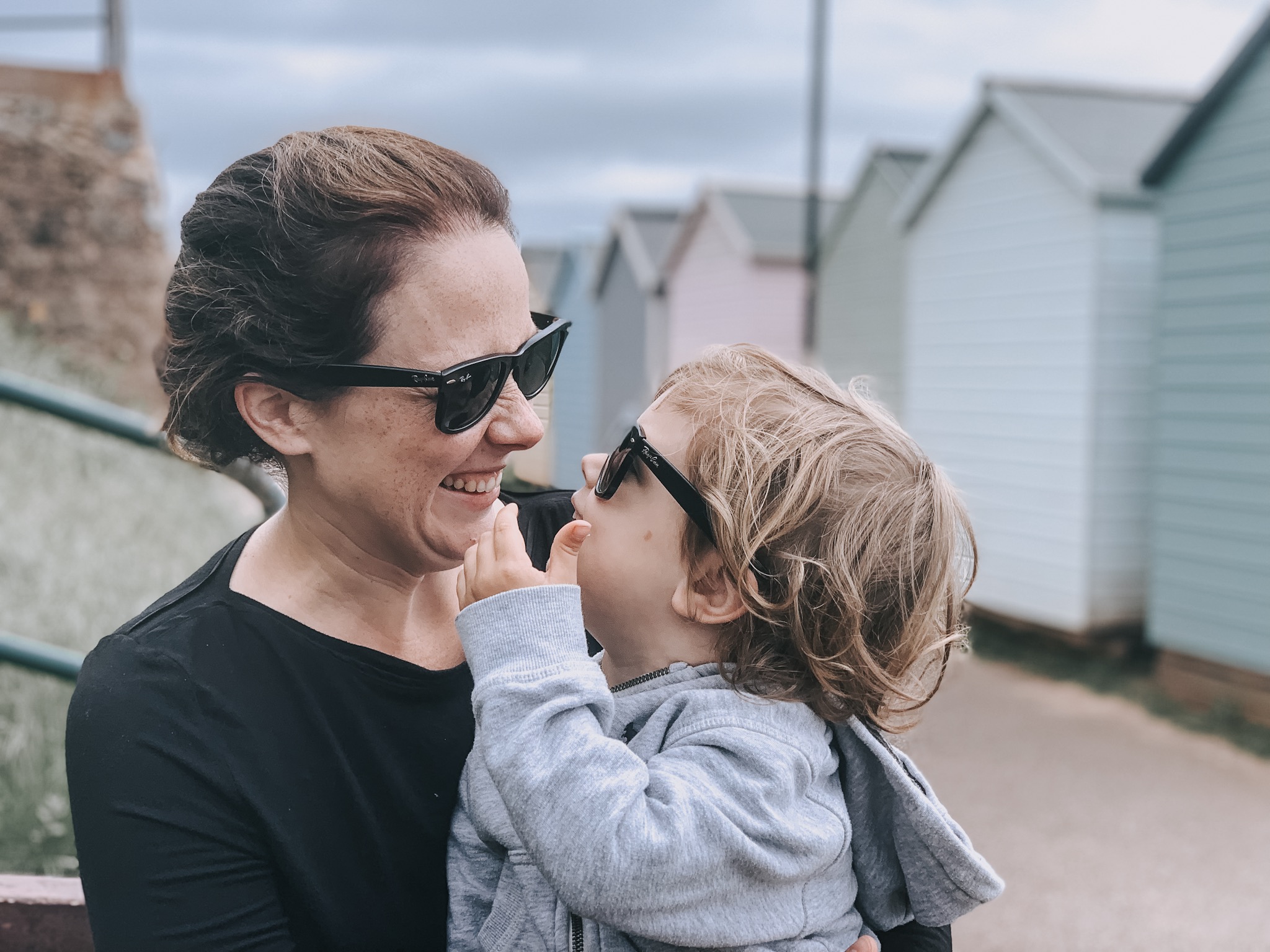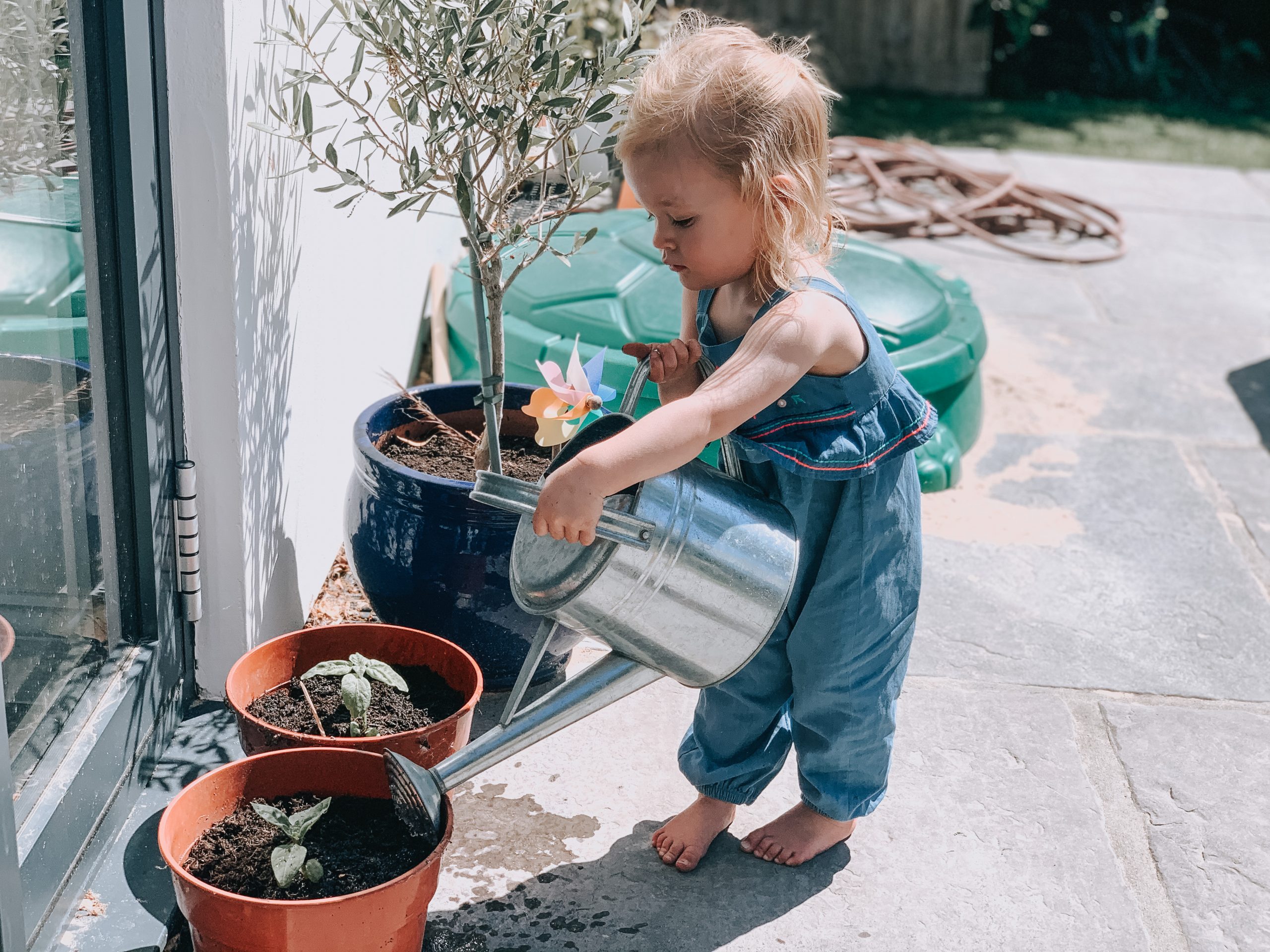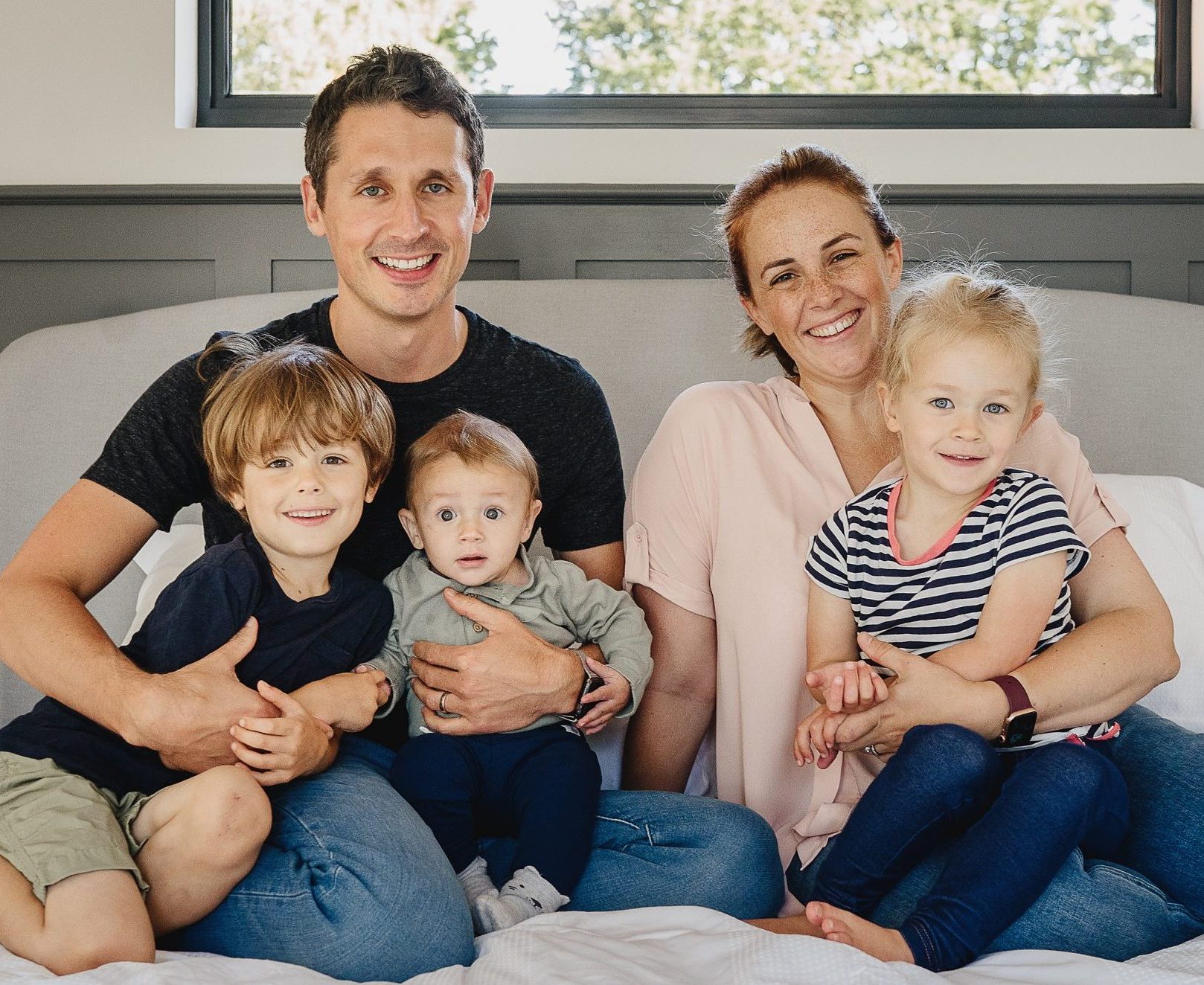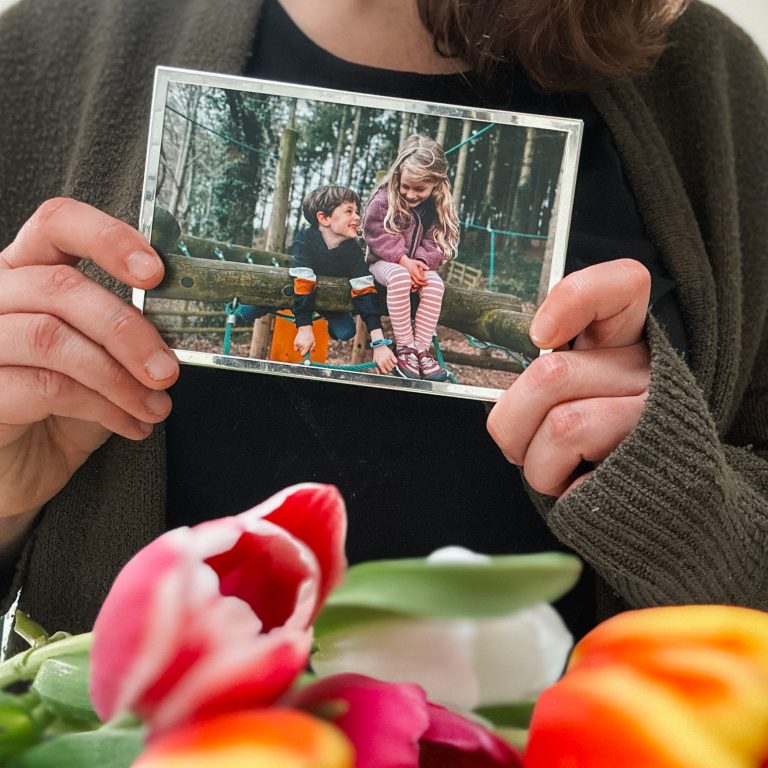When we were growing up, the idea of making changes to take care of our mental health didn’t really exist. Things that we understand today to be the symptoms of things like ADHD or depression were simply written off as childhood growing pains if you were lucky. If not, you might have found yourself punished for them. It’s only in the last decade or so that we’ve really started to accept and acknowledge the importance of taking care of our mental health. Adults aren’t the only ones who might need a boost to help improve their mental health. Everyone can benefit from taking a bit of time to look inward, but today we’re going to focus on the young ones in our lives. What can you do to help boost your toddler’s mental health?
Recognize that Mental Health = Physical Health
“It’s all in your head.”
That’s the line that we hear most often when we talk about mental health and mental illness and it’s hard not to answer with a resounding, “Duh!” Of course, it’s all in your head! Mental illnesses are often the result of chemical imbalances in the brain. Where is the brain?
In. Your. Head.
Mental and physical health are interconnected, and if your toddler is struggling with one, the other will likely also suffer. Understanding that mental and physical health are one and the same and how one can impact the other makes it easier to make the necessary changes to boost their mental health.

Love Them Unconditionally
Toddlers are busy exploring the world around them. They don’t understand concepts like depression and anxiety. Instead, they’re focusing on learning the basics. They can understand that cookies make them happy, naps make them angry and falling on the sidewalk causes pain. Don’t hurry their understanding of mental health. Simply love them unconditionally. Toddlers need to understand that you will love them no matter what.
Help Foster Self-Confidence
Regardless of the species, all young children have one thing in common — the instinct to run to a trusted adult when they encounter something new or scary. This instinct makes it easier for parents to protect their little ones, but the more they explore the world around them, the more confident they become in their own skills and abilities. Work to help foster that self-confidence and build their self-esteem. Help them set realistic goals and offer praise when they achieve them. Avoid sarcasm, especially when talking to toddlers. They won’t understand the joke and maybe discouraged or hurt by your tone. Finally, make sure your kids know that you’re only human. Don’t hide all your mistakes, and try to pass yourself off as perfect. Understanding that mom or dad experiences the same struggles can be incredibly reassuring.
Take Time For Play
Is there anything more integral to childhood than play? Kids play by instinct, a skill that we tend to lose when we grow up and are told to put away childish things. In addition to boosting their mental health, play helps toddlers build both cognitive and physical skills. It might not look like it when they imagine space aliens on the playground, but play helps teach everything from sharing and teamwork to leadership and other skills that will serve them well throughout their life. Climbing and other physical activities help to improve both gross and fine motor skills.

Monitor Screentime
We joke about using the television as an electronic babysitter but spending too much time in front of the screen as a toddler can be detrimental to long-term mental health. According to recommendations from the American Academy of Pediatrics (AAP), babies younger than 18 months shouldn’t have any screen time at all unless that screen time is spent video chatting with grandparents or other family members. Between 18 and 24 months, all screen time should be spent with a parent or caregiver and children between the ages of 2 and 3 should only have one hour of screen time a day.
Talk About It
Now, we know that you’re not going to be having in-depth conversations about mental health with your toddler, but at the same time, you shouldn’t be avoiding conversations about feelings. Encouraging your child to talk about their feelings from a young age can make it easier for them to articulate how they feel as they get older. It isn’t the perfect solution — teenagers, for example, teenagers will probably always keep things bottled up because they don’t want to talk to mom or dad. Still, it can help eliminate the common stigma surrounding discussions about mental health.
Keep Them Safe
Mental health is important for a safe and happy life, regardless of age. Don’t think that just because your little ones are three or under, they can’t or won’t experience mental illnesses or problems with their mental health. The best thing you can do is love your little ones unconditionally and do everything you can to ensure that their needs are met. Caring for their mental health is just as important as their physical health.
This post was featured by Twinkl in their Mental Health in Schools Blog











No Comments